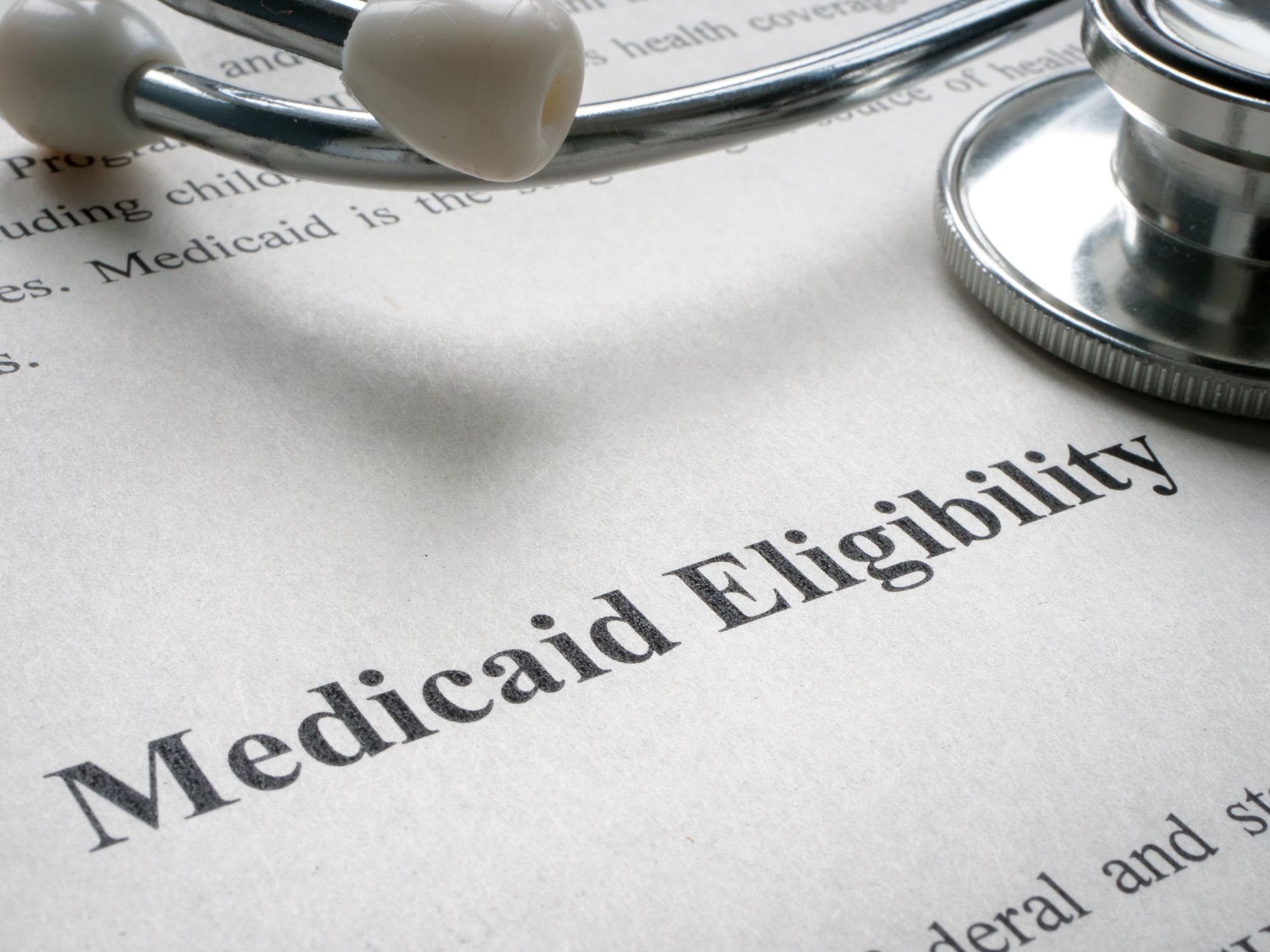
Medicaid Planning
Rental Property for Medicaid Asset Protection
Rental property can be a valuable tool in planning for Medicaid eligibility in Florida. When planning for Medicaid, there are three main requirements: your medical needs, income, and assets. This article focuses on the asset requirement and explains how purchasing a rental property can help you qualify for Medicaid long-term care benefits.
The Medicaid Asset Test
To qualify for Medicaid in a nursing home or assisted living facility, a single person must have less than $2,000 in “countable” assets on at least one day each month. Often, a person on Medicaid will have just one checking account, where their social security and pension income are deposited monthly. Most of that money typically goes to pay for care, and once the payment clears, the account balance drops below $2,000, allowing the person to pass the asset test.
But what if someone has $300,000 in the bank and needs long-term care? They might be able to pay for their care for a while, but they won’t achieve their goal of providing financial security for their loved ones.
How Rental Property Works with Medicaid
Income-producing real estate is considered an exempt asset for Medicaid purposes. If the person or their attorney-in-fact (the person they’ve legally authorized to act on their behalf) invests $300,000 in a rental property, it won’t count as an asset when applying for Medicaid as long as the property is rented at a fair market rate. However, any income generated from the rental property is considered the Medicaid recipient’s income and must be used to pay for their care, which reduces the amount Medicaid contributes.
A separate bank account should be set up for all rental income and expenses. This account is also exempt as long as it’s used only for rental-related transactions. This allows the account to accumulate funds to cover expenses like taxes and insurance, typically paid once or twice a year.
What Happens to the Rental Property After the Medicaid Recipient’s Death?
Rental property owned by a Medicaid recipient should be held under an enhanced life estate deed (also known as a “ladybird deed”). This type of deed names the individuals who will inherit the property immediately upon the owner’s death. Your durable power of attorney document must include a specific, initialed paragraph giving your attorney-in-fact the power to create these enhanced life estate deeds if you cannot do so yourself.
Conclusion
Florida Medicaid allows recipients to own income-producing real estate without losing their Medicaid benefits. An enhanced life estate deed can pass the property on to heirs without being subject to Medicaid recovery after the recipient’s death. Call our office at 727-443-2708 to learn all your Medicaid qualification options and avoid State recovery efforts.
